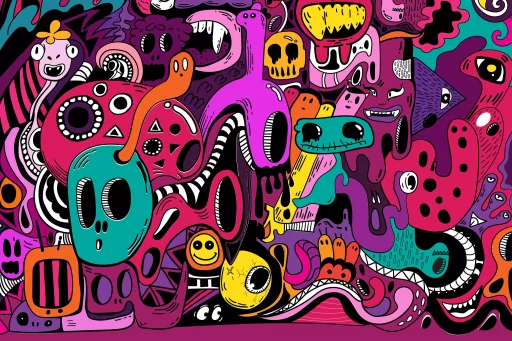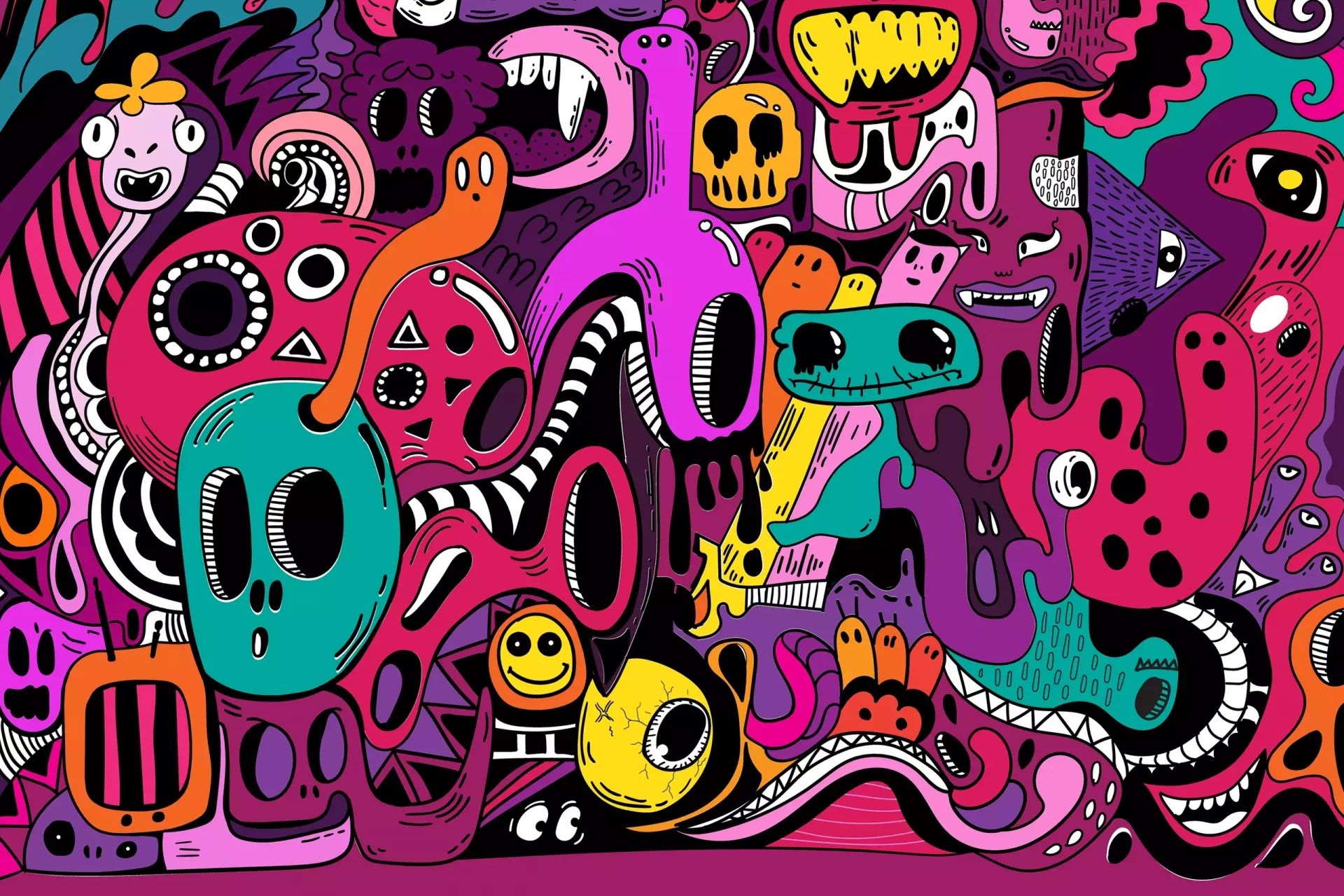Understanding Slang in Crossword Puzzles
Crossword puzzles have evolved remarkably over the decades, becoming an integral part of popular culture and daily leisure for many. Among the various types of clues encountered, slang crossword clues stand out due to their unique challenges and engaging components. These clues often require a deeper understanding of current lexicon trends, the cultural zeitgeist, and context.
Why Slang Matters in Crosswords
Crossword constructors often infuse slang terms into their clues to connect with younger audiences or to reflect contemporary language usage. They add flair and challenge while providing solvers a familiar sense of community. Here are key reasons slang is prevalent in crossword clues:
- Culture Representation: Slang represents more than just words; it encapsulates modern culture, reflecting generational shifts and social mores.
- Engagement Factor: Slang can make crosswords feel more relatable and relevant, attracting a wider range of solvers.
- Creativity in Clue Construction: Slang allows for clever punning and unexpected wordplay, enhancing the enjoyment of solving.
Common Examples of Slang Crossword Clues
Slang clues can be tricky, especially for solvers not well-versed in the latest terms. Here are a few examples of popular slang terms and the types of clues they might accompany:
- “Bae” (4 letters): Clue: “Sweetheart, in modern lingo”
- “Yolo” (4 letters): Clue: “Slogan for living life to the fullest”
- “FOMO” (4 letters): Clue: “Anxiety over missed social opportunities, acronymically”
- “Lit” (3 letters): Clue: “Exciting or excellent, slang-wise”
Tips for Solving Slang Crossword Clues
Solving slang crossword clues takes a combination of knowledge, intuition, and sometimes a bit of luck. Here are some tips for tackling these peculiar clues:
- Stay Updated: Regularly follow online platforms or social media that track current slang usage. Websites, youth blogs, or trend analyses can be invaluable.
- Practice and Familiarity: Engage with puzzles that specifically focus on modern slang. Familiarizing yourself with different formats can improve your skills.
- Asking for Help: Engaging with online puzzle communities can help bridge the gap between popular usage and crossword expectations.
Case Studies: Popular Slang in Crossword Construction
Several newspapers and magazines have employed various slang terms to create engaging puzzles that reflect contemporary culture. For example, The New York Times and BuzzFeed often include fresh slang in their crosswords. A notable case was the introduction of the term “adulting” in a puzzle, reflecting a generational shift in responsibility and their social landscape.
Statistics reveal a growing interest in diverse slang terms in crossword construction. According to a survey by the American Crossword Puzzle Tournament, over 75% of participants expressed enjoyment and engagement with puzzles featuring modern slang.
Slang and Its Varieties Across Cultures
Slang is not uniform; it varies significantly across different cultures and regions. Understanding regional slang can immensely affect your crossword-solving experience. For instance:
- North American Slang: Terms like “sick” or “dope” add excitement and enthusiasm.
- British English Variations: Words such as “cheeky” and “gobsmacked” can appear.
- Australian Slang: Phrases like “arvo” (afternoon) and “fair dinkum” (genuine) highlight local color.
Conclusion: Embracing Slang in Crossword Clues
Ultimately, slang crossword clues serve to bridge generations and cultural differences, enabling puzzle enthusiasts to connect in new ways. By embracing the language evolution and incorporating updated slang, crosswords remain a relevant and enjoyable pastime for all ages. As you continue your crossword journey, remember these tips, examples, and cultural insights to enhance your skill and enjoyment.


